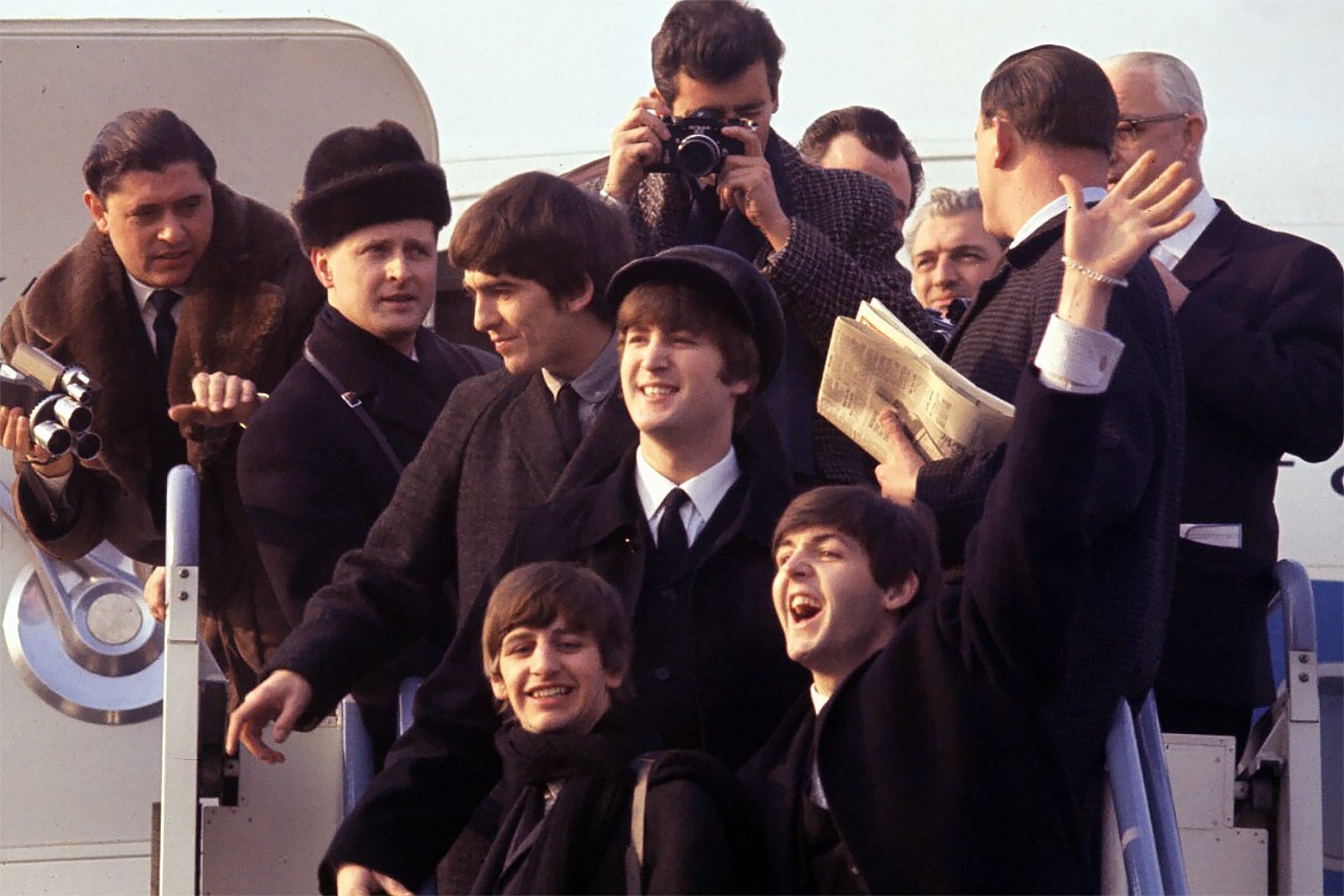Is Human Evolution Grinding to a Halt?
For millennia, the force of natural selection has sculpted the human species. Traits that aided survival, from disease resistance to adaptability to harsh environments, were passed down through generations. But as medical marvels and technological advancements reshape our world, a key question arises: is natural selection losing its grip on the future of humanity?
Renowned naturalist David Attenborough, known for his insightful documentaries on the natural world, has expressed concern that our modern era has effectively paused evolution. "We’ve halted natural selection," he once stated, noting that medical interventions now ensure the survival of even infants born with genetic disorders.
While it’s true that pressures that once drove evolution – like battling infectious diseases – have diminished, the story of human evolution is far from over. Instead of being shaped solely by the struggle for survival, our future is being molded by a new set of forces: cultural preferences, societal norms, and technological innovations.
The Netherlands offers a fascinating glimpse into this evolving landscape. Research reveals that taller men are increasingly viewed favorably in social and romantic contexts, leading to a trend where height appears to offer a reproductive advantage. This example demonstrates how cultural values can subtly influence the direction of genetic change.
Even in the era of antibiotics and advanced medicine, disease remains a potent evolutionary force. The emergence of drug-resistant strains of bacteria serves as a constant reminder. Genetic mutations that offer protection against diseases like HIV or malaria continue to spread within populations. The CCR5-Δ32 mutation, for instance, provides resistance to HIV by hindering the virus’s entry into cells – a testament to the ongoing interplay between disease and our genetic makeup.
Looking ahead, what factors will shape the trajectory of human evolution? Climate change, already transforming our planet, could trigger adaptations to rising temperatures and environmental shifts.
Space exploration, with its potential for establishing human colonies beyond Earth, might lead to unique evolutionary pressures adapted to the challenges of microgravity and cosmic radiation.
And perhaps most intriguingly, emerging technologies like gene editing and biotechnology could give us unprecedented control over our own evolution. The ability to manipulate our genes raises profound ethical questions while opening up extraordinary possibilities for enhancing physical and cognitive abilities, or even eradicating inherited diseases.
In conclusion, while the traditional drivers of evolution may be evolving themselves, the process is far from dormant. Human evolution continues, albeit in new and complex ways, influenced by a multifaceted tapestry of social, cultural, technological, and environmental forces. Where this journey leads us remains a captivating question for future generations to unravel.
## Has Human Evolution Hit Pause? Examining the Future of Our Species
For centuries, the relentless force of natural selection sculpted the human species. Traits that boosted survival, from disease resistance to adaptability to harsh environments, were passed down through generations. But today, medical advancements and technological progress are transforming our world, raising a crucial question: is natural selection losing its grip on the future of humanity?
While renowned naturalist David Attenborough has expressed concern about a potential pause in evolution, the story is more nuanced then a simple halt. Join us as we delve into the ongoing evolution of our species with two leading experts: Dr. Sarah Jones, a geneticist at Harvard university specializing in human evolution, and Dr. Michael Thompson, an anthropologist at the University of Oxford with expertise in cultural influences on human biology.
**### The Shifting Forces of Evolution:**
**World Today News:** Dr. Jones, David Attenborough argues that medical interventions are hindering natural selection. Do you agree?
**Dr. sarah Jones:** “While medical advancements undoubtedly shift the selection pressures, it’s not a complete halt. Evolution is a dynamic process, constantly adapting to new environments and challenges. While infectious diseases might have played a dominant role in the past, today’s pressures involve cultural preferences, technological advancements, and even climate change.”
**World Today News:** Dr. Thompson, how do cultural preferences influence evolution?
**Dr. Michael Thompson:** “Cultural preferences can act as subtle selection pressures. In the Netherlands, for exmaple, studies have shown that taller men are increasingly preferred as partners. This could lead to an increase in average height over generations.”
**### Disease: The Persisting Evolutionary Pressure:**
**World Today News:** Dr. Jones, even with antibiotics, disease still seems to be a major driving force.
**Dr. Sarah Jones:** Absolutely. The emergence of antibiotic-resistant bacteria is a prime example. Additionally, genetic mutations that provide resistance to diseases like HIV or malaria continue to spread. The CCR5-Δ32 mutation,which offers resistance to HIV,is a clear demonstration of this ongoing evolutionary arms race.
**### Future Frontiers of Human Evolution:**
**world Today News:** Dr. Thompson, what future developments might shape human evolution?
**Dr. Michael Thompson:** “Climate change will undoubtedly be a major factor, potentially selecting for traits that enhance resilience to extreme weather or resource scarcity. Space exploration and the establishment of colonies on other planets could lead to unique evolutionary adaptations driven by microgravity and cosmic radiation.”
**World Today News:** Dr. Jones, what about gene editing technologies?
**Dr. Sarah Jones:**
“Gene editing technologies offer unprecedented control over our own evolution. We could potentially eradicate inherited diseases or enhance physical and cognitive abilities. This raises profound ethical questions regarding the very definition of ‘human’ and the potential for unintended consequences.”
** “The future of human evolution is a captivating and complex tapestry woven by social, cultural, technological, and environmental forces.” - Dr. Sarah Jones**
**### looking Ahead:**
The conventional drivers of evolution may be evolving, but the process is far from dormant. Our future is shaped by a engaging interplay of natural selection, cultural shifts, technological advancements, and even the choices we make as a species.
**Want to learn more about the fascinating nuances of human evolution?**
* Read our previous article: *The Evolution of Human Intelligence: Nature vs. Nurture*.
* Share your thoughts in the comments below: What evolutionary pressures do you think will shape humanity’s future?


